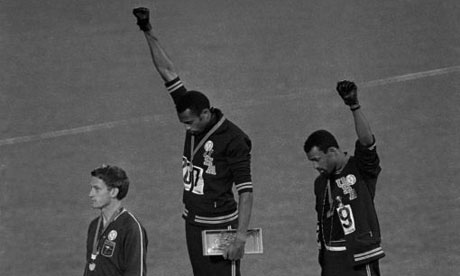Snowflakes, Dotards, Deplorables, Libtards, Safe Spaces: The Toxic Landscape of Political Conversation

Last week, Oprah Winfrey made her 60 Minutes debut hosting a round-table with Trump and non-Trump supporters. The discussion was heated and the group struggled to agree on any issue.
How do you think Donald Trump is doing? Oprah asks voters in Michigan https://t.co/UI7z5pZqJb pic.twitter.com/xoyxEOXV7m— 60 Minutes (@60Minutes) September 25, 2017
But Why is that?
Well, probably because it is easy to skip past facts and just argue with opinions. That right there is the problem with the political landscape. Opinion has garnered the same credibility facts have today for two reasons. Either you are loud and can bully your way through conversation or you think you are right because some guy on twitter with thousands of followers says so.
The former happened to me last week. A colleague of mine brought up the kneeling for the Anthem controversy. He views it, like a lot of people including the President, as disrespecting the flag and the troops. I disagreed saying that first off kneeling is not disrespecting the flag because it is protesting police brutality which has nothing to do with American patriotism. Secondly, freedom to protest is in the First Amendment. I wonder what Americans would say today if athletes raised their fists during the anthem? Hmmm. White fragility at its finest.
This kind of discussion happens everyday, I’ve seen it and been apart of it. It goes nowhere. Why even start the conversation if you aren’t going to have an actual conversation? (that thing where people talk to each other calmly back and forth)
Moving on, the second reason opinion is weighed the same as facts is because of social media. People see things on Twitter from verified accounts or accounts with hundreds of thousands of followers and think what they post must be true without even fact checking.
A recent example comes from Infowars editor Paul Joseph Watson. He tweeted out that there was record arctic sea ice growth in September with a chart.
Record Arctic sea ice growth in September. Leo 'private jet' Di Caprio won't be happy. pic.twitter.com/DbVVMNpyAx— Paul Joseph Watson (@PrisonPlanet) September 28, 2017
http://nsidc.org/arcticseaicenews/
People retweeted this chart nevertheless and the fake news spread. If people fail to fact check and only follow people that their opinions align with then the truth gets lost.
People use tweets, like those from Watson, as their proof in conversations on issues. When they are told their information is wrong they turn to name calling. Cue the snowflakes.
The more discussions are based off fake news, the less likely it is to have fruitful political conversations. People just return to their bases and call the other side names.
Martin Luther King Jr. had it right:
People retweeted this chart nevertheless and the fake news spread. If people fail to fact check and only follow people that their opinions align with then the truth gets lost.
People use tweets, like those from Watson, as their proof in conversations on issues. When they are told their information is wrong they turn to name calling. Cue the snowflakes.
The more discussions are based off fake news, the less likely it is to have fruitful political conversations. People just return to their bases and call the other side names.
Martin Luther King Jr. had it right:
“Nothing in all the world is more dangerous than sincere ignorance and conscientious stupidity”






Post a Comment